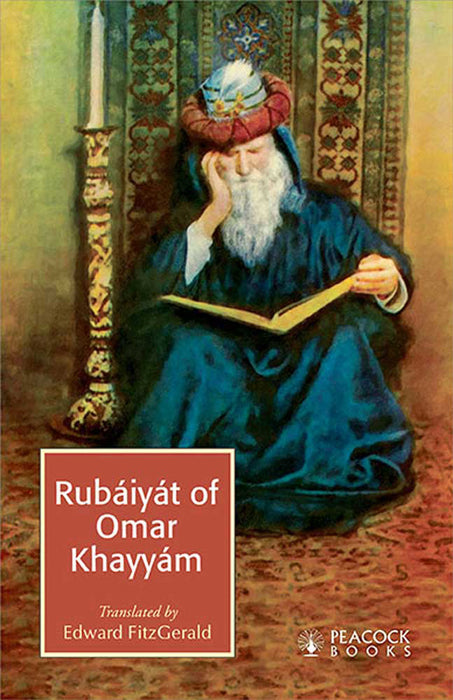

by
Omar Khayyam
Save 15%
Original price
Rs. 125.00
Original price
Rs. 125.00
-
Original price
Rs. 225.00
Original price
Rs. 125.00
Current price
Rs. 107.00
Rs. 107.00
-
Rs. 192.00
Current price
Rs. 107.00
- Publisher: Peacock Books
- Publisher Imprint:
- Publication Date:
- Pages: 80
- ISBN13: 9788124803295
- Item Weight: 110 grams
- Original Price: 125.0 INR
- Edition: N/A
- Binding: Paperback

